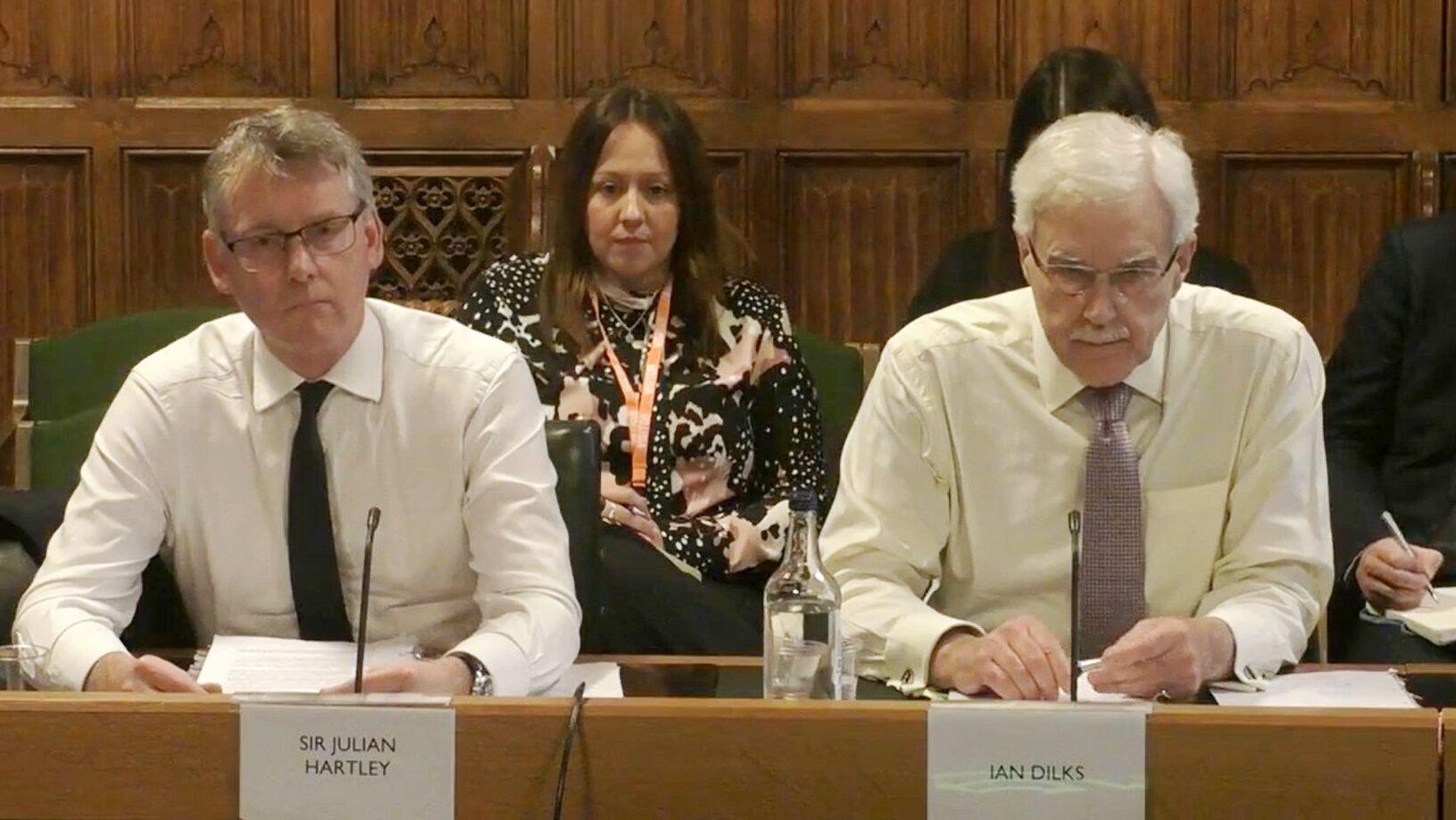Social care must evolve to collaborate
Integration could transform our health and care services, argues one social care manager, but time is pressing and demand is constantly growing.

I’ve worked in social care commissioning for decades, and every year now the challenges grow. But here in Scotland, the integration of health and social care gives me hope that – even as demand continues to rise – we’ll be able to improve at least some of our services.
Scotland’s creation of integration authorities to bridge the gap between NHS boards and council social care is forging new relationships between professionals from different backgrounds. And the residents of the urban area I serve are already seeing results: we’re sharing the cost of commissioning more ‘intermediate care’ places, for example, so elderly people can leave hospital more quickly – freeing up NHS beds.
But big cultural shifts need nurturing. Both NHS and social care staff have strong identities, and sometimes we argue without good reason; we need to park that. Many managers on both sides are willing to reach out, and we try to make things work. But some traditionalists remain. Too many people seem to view their NHS or council badge as a mark of their identity, dividing neatly into two opposing groups to back their own ‘side’ in any dispute or decision.
Stop pretending
Time is pressing: massive demographic change, rising costs and constrained budgets are squeezing the system. At a national level, we need a debate about sustainably meeting rising demand; we should stop pretending we can satisfy everyone’s health and care needs in a low tax economy. We’ve seen more cash for the NHS recently, and the Scottish Government is transparent about the problem. But I don’t think the debate goes deep enough, or reaches across party lines in the way that’s required.
Some Scottish Government policy aspirations ratchet up the pressure. The Scottish living wage – about £1 an hour higher than the English minimum wage – drives up providers’ costs. Deciding that the field is no longer profitable, some providers have exited the marketplace.
Meanwhile, an employment tribunal appeal ruling has barred the practice of paying care staff a fixed fee for overnight care: we now have to pay the hourly living wage – tripling the cost. As a result, night-time support services are undergoing a radical redesign. [Editor’s note: this ruling has subsequently been overturned by the Court of Appeal]. Both the living wage and the employment ruling are laudable attempts to increase the wages of care staff – but in reality, some will see changes to their shift patterns that actually drive down their incomes.
More demanding
At the same time, ‘hands on’ care work is becoming more demanding. Most authorities now focus resources on people with ‘substantial’ and ‘critical’ needs, leaving those with ‘moderate’ needs to organise and fund their own care. When our workers spend so much of their time supporting people with incontinence issues or very challenging needs, retaining staff becomes problematic. Staff recruitment in social care is a national risk.
The result is challenges in our supply chain. Sometimes we ring round 15 or 20 providers before we find one with enough staff to offer a care package. Staff shortages and high turnover undermine the personalisation agenda, which presumes a surplus of supply to give people a choice of care staff. And given how tight things are already, Brexit’s impact on recruitment is a big concern.
Better technology can offer solutions. It can improve efficiencies: why send a care worker to someone’s house three times a day to prompt them to take their medication, when we can achieve the same outcome remotely using an iPad? And it can offer people more privacy: we can monitor their safety and wellbeing remotely, rather than having someone live with them. In the pilots we’ve run, clients speak favourably of their new reality. People are understandably nervous about new technology, but the ‘old ways’ are financially unsustainable.
Reasons to be cheerful
Given time, I believe health and care integration will give us more answers. Some governance and business processes have actually become more burdensome, as we navigate our way through the mix of NHS, council and Integrated Joint Board approval processes. But on the other hand, we’re pursuing sensible ideas previously caught up in the tensions between the two sides. As one example, we can devise better options for the adults with severe needs who’ve spent long periods living in hospitals. Integration is allowing different solutions to be proposed.
I remain positive about the future of health and social care in Scotland. As money gets tighter, managers on both sides are being pushed into working together. Real collaboration is happening – sharing procurement expertise; taking a wider world view; cohabiting in unified workplaces; considering how each system input affects the whole system. In time, maybe, we’ll all put our badges aside and work as one unified system – serving our communities together.
The Sharp End is your chance to tell politicians and civil servants how their policies affect your work and your organisation. Most stories are also published in the Guardian. To work with a reporter on your own story, email editor@healthcare-manager.co.uk. When requested, anonymity is guaranteed.
Related News
-

Regulating the managers: more questions than answers
The Labour government’s plans for regulating NHS managers are still shrouded in mystery, and the three options on the table each have their pros and cons. Rhys McKenzie weighs up the choices and gauges the views of MiP members on the best way forward.
-

The inspector falls: why the CQC needs a fresh start
After years of chaos, the Care Quality Commission urgently needs to rebuild trust and credibility with the public and the services it regulates. What needs to change and what are the priorities for new boss Sir Julian Hartley? Alison Moore reports.
-

Voice, value and vision: what analysts need from the NHS
Data analysts play a vital role in an NHS which is increasingly data-driven and focused on public health trends. But the NHS faces fierce competition for skilled analysts and many feel the health service fails to value them or fully use their talents. Alison Moore reports.